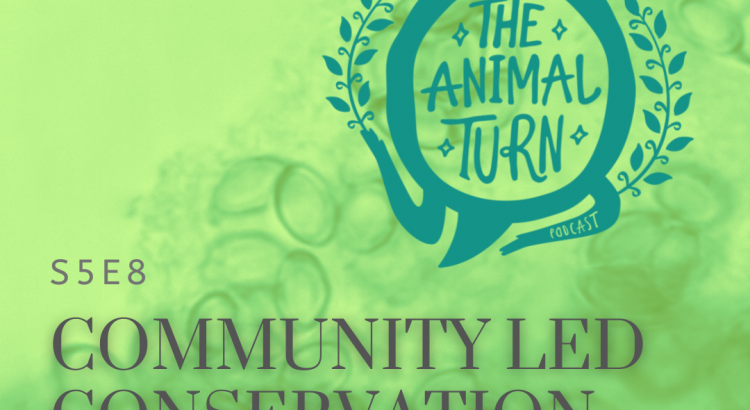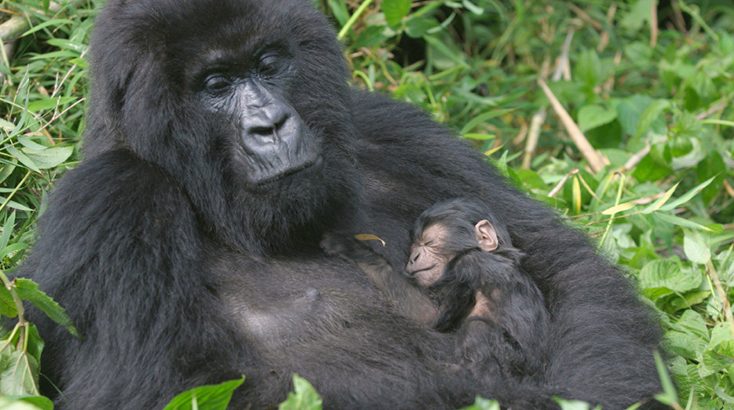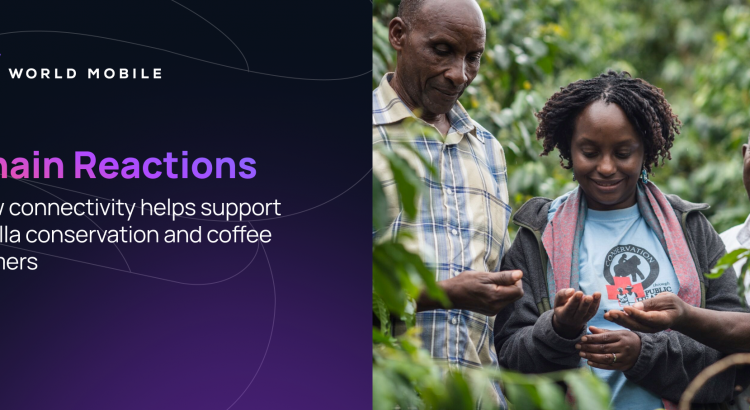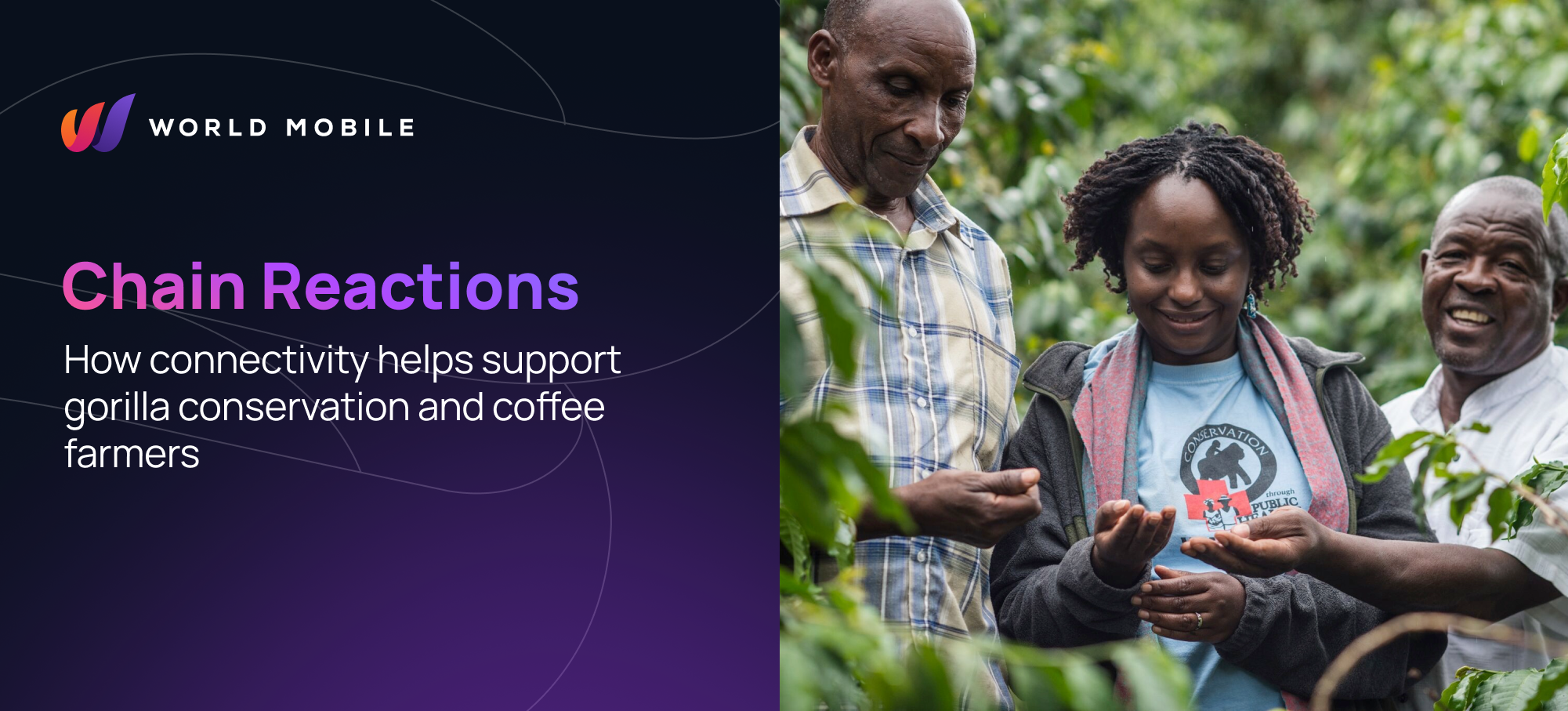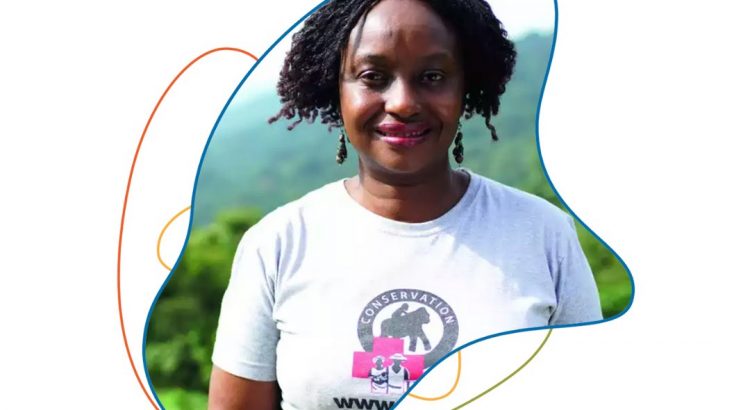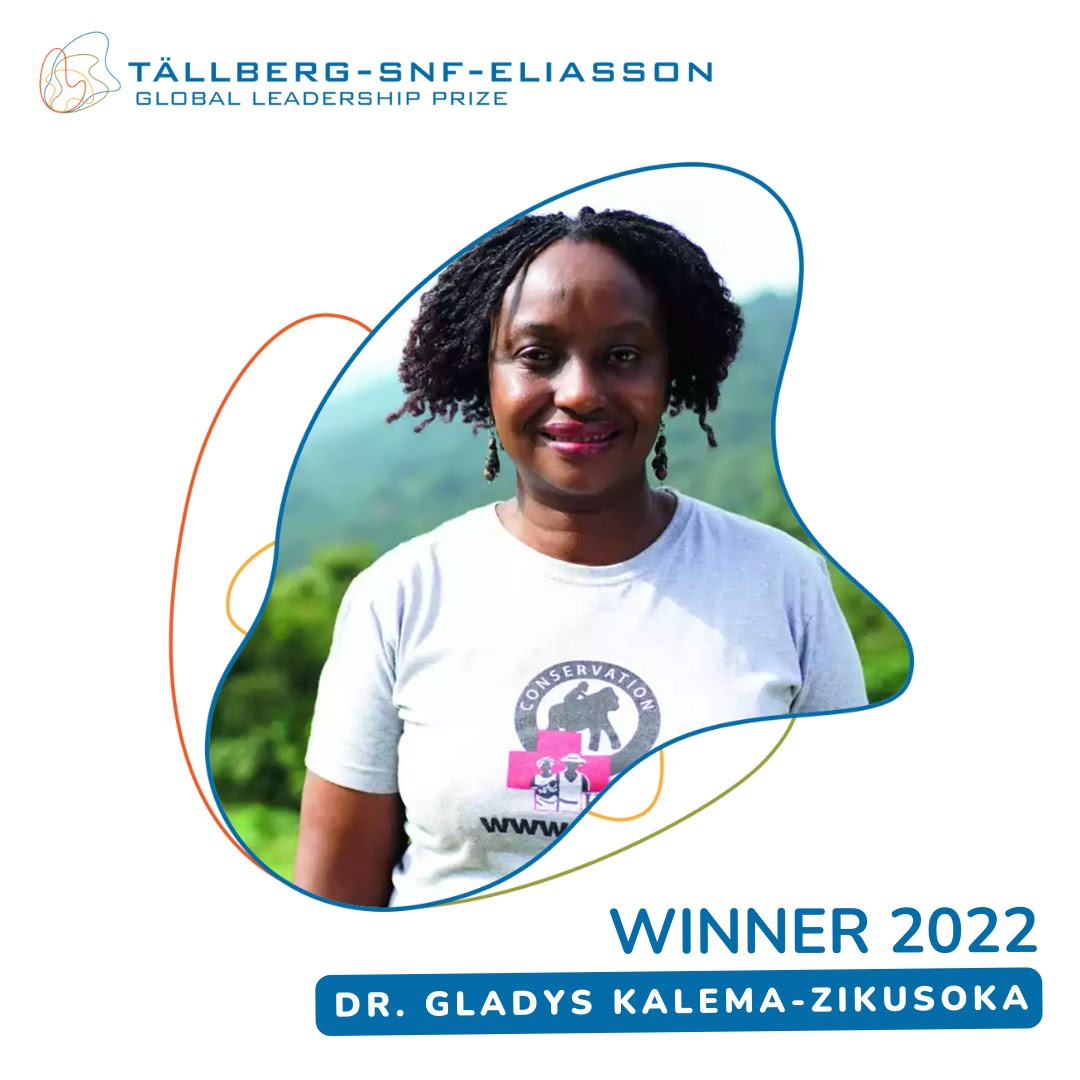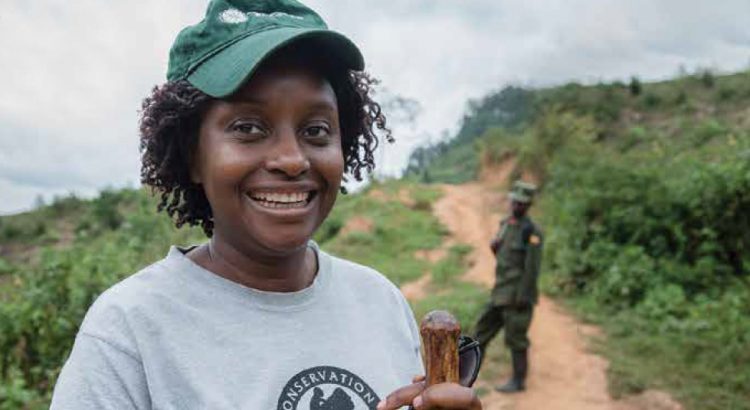In 2022, the telecentre at Queen Elizabeth National Park – at Queen’s Pavilion Crater Drive Gate – remains open as an UWA Visitor Information Centre/CTPH Telecentre for tourists to use as an internet café if required. But with the abundance of smartphones, the telecentre in Bwindi is no longer necessary. However, the need for connectivity and accessibility is still very much a feature of Gorilla Conservation Coffee’s model.
It’s important to the social enterprise that the coffee is ‘traceable’ in order to shore up the sustainable brand narrative, and then to be able to share that to a wide audience. After all, that’s what makes them so special. Creating this brand awareness is key to the success of the coffee and by default the livelihoods of the communities (both human and primate). Extensive use of social media platforms and podcasting, for example, are part of the coverage, targeting tourists and potential partners. Tourists get to hear about the coffee story, then may book both a ‘coffee safari’ (meeting the coffee farmers and learning how it is grown and processed) and a gorilla trekking experience at CTPH.
With connectivity and the abundance of smartphones comes other advantages to the community. Smallholder farmers can pay school fees online. Tourists can scan QR codes to buy fresh produce which can then be sent to their home addresses to arrive when they return from their travels. The incredible experiences of gorilla trekking and meeting the coffee farmers can be shared on social media. And farmers can see their coffee being sold and consumed far beyond the boundaries of their farms and locality.
This ‘giveback’ model covers all the bases – gorillas, humans and the health of both. But you don’t even have to visit the gorillas in Uganda to take part, you can buy the coffee! The beauty of this model is that it could also work anywhere in the world where there are gorillas (eastern and western lowland gorillas, for example), chimpanzees or other species that coexist alongside cultivated land.
As can be seen here, reliable access to the internet can have significant impacts, way beyond what you might imagine. And this is why World Mobile continues on its mission to connect the unconnected.
If you’re interested in finding out more about the World Mobile ecosystem and our mission, check out the links below:
